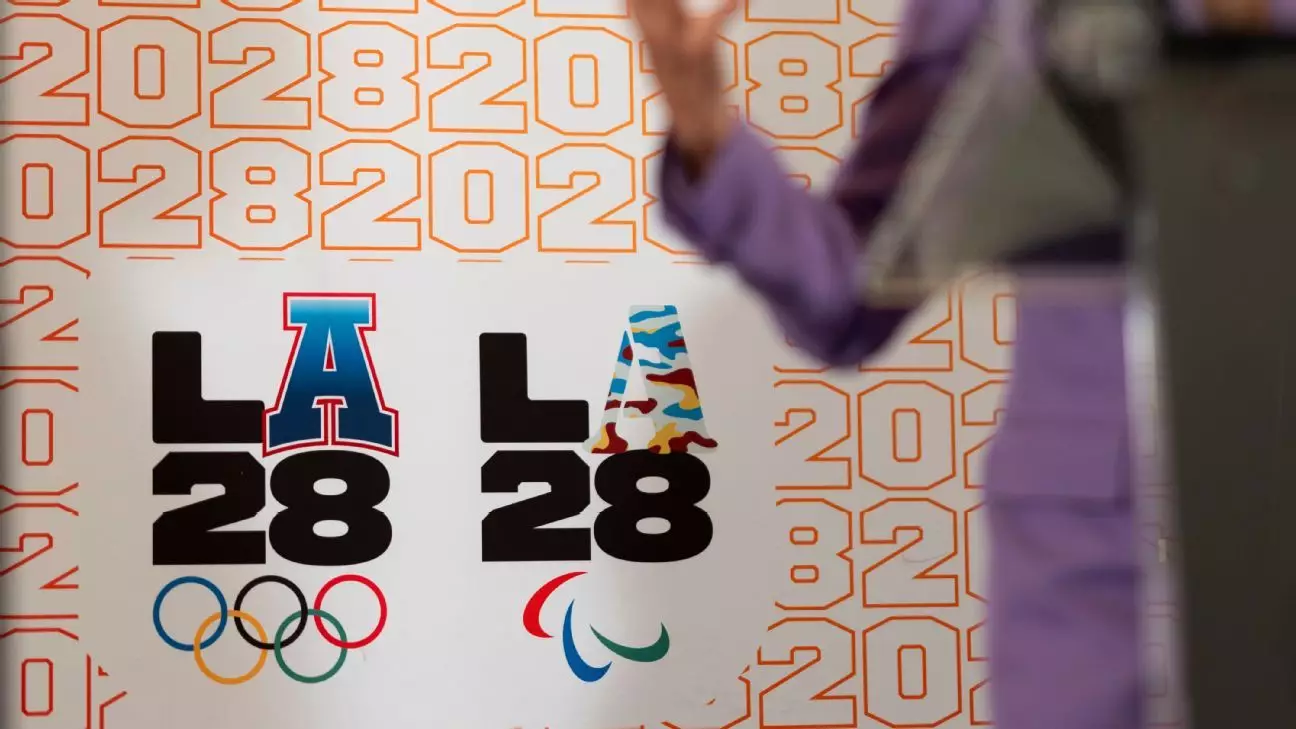In an unprecedented decision, the organizers of the 2028 Los Angeles Olympics have opted to commence basketball matches several days before the grand opening ceremony. This strategic shift marks a significant departure from traditional Olympic scheduling, where competitions typically align with the official commencement of the Games. By starting basketball on July 12, organizers aim to elevate the event’s competitiveness, logistical efficiency, and overall viewer engagement. This adjustment underscores a broader trend of reevaluating how Olympic sports are scheduled, pushing the boundaries of convention to create a more dynamic and spectator-friendly tournament.
From a logistical standpoint, allowing basketball games to begin early offers several tactical benefits. Forecasters and broadcasters can distribute the schedule more evenly, reducing congestion during peak periods of the Olympics. More-importantly, this provides athletes with a clean, distraction-free environment to showcase their skills without interference from the ceremonial pomp that often dominates the Games’ opening days. For broadcasters and sponsors, a staggered start ensures sustained viewership and advertising momentum, turning the early basketball games into a powerful promotional asset.
Implications for Athletes and Fans
While this bold scheduling decision has received praise from some quarters, it also raises questions about the athlete experience and the traditional essence of the Olympics. Starting basketball two days early could potentially diminish the thrill of debuting during the grand opening or diminish the overall unity of the Games. Athletes may face unique challenges—such as managing fatigue or adjusting their preparation routines—when beginning competition ahead of the official parade of nations. Yet, supporters of the change argue that these are minor trade-offs in exchange for a more refined, spectator-centric approach that enhances the sport’s visibility and thrill.
Interestingly, the early start also signals a shift toward viewing the Olympics as a marathon of continuous entertainment, rather than a singular opening event. This could set a precedent for other sports to consider similar adjustments, especially those demanding longer tournaments or multiple knockout rounds. Such flexibility reflects a willingness of the Olympic organizers to innovate and adapt, recognizing that the age of instant gratification and real-time engagement demands smarter scheduling decisions.
Legacy and Future Perspectives of Olympic Scheduling
This move is more than an isolated scheduling tweak—it exemplifies an evolving philosophy of Olympic hosting, emphasizing audience experience and operational optimization. It challenges the traditional notion that the opening ceremony must necessarily occur at the start of all competitions, suggesting that the Olympic model might be ripe for transformation.
Moreover, this decision aligns with the modern reality where global audiences expect constant content and high-quality event delivery over an extended period. The early basketball games not only serve as a strategic move for Los Angeles but could influence future Olympiads to adopt more flexible, innovative scheduling practices. By prioritizing the flow of excitement and minimizing logistical constraints, organizers demonstrate a forward-thinking approach that could redefine what it means to host a truly captivating Olympic Games.


Leave a Reply